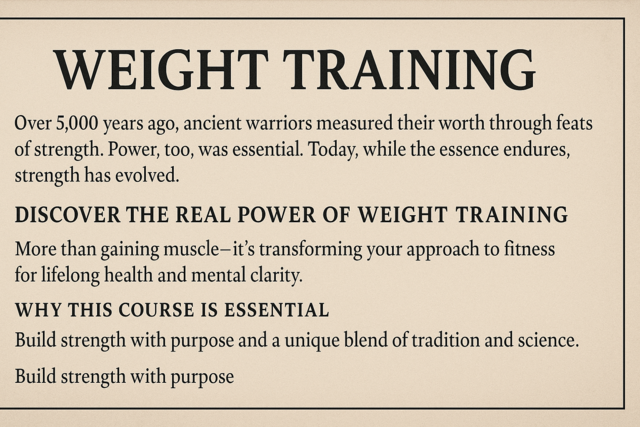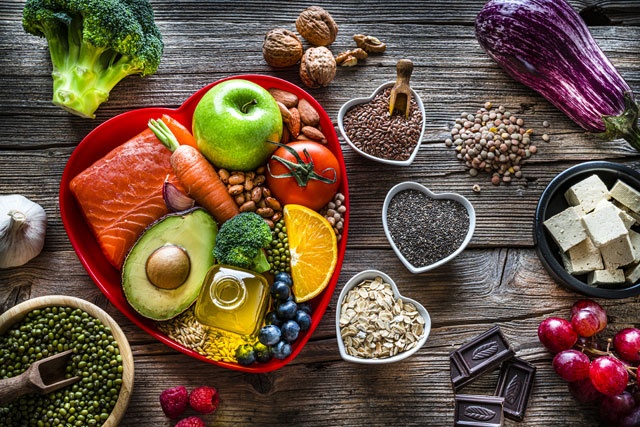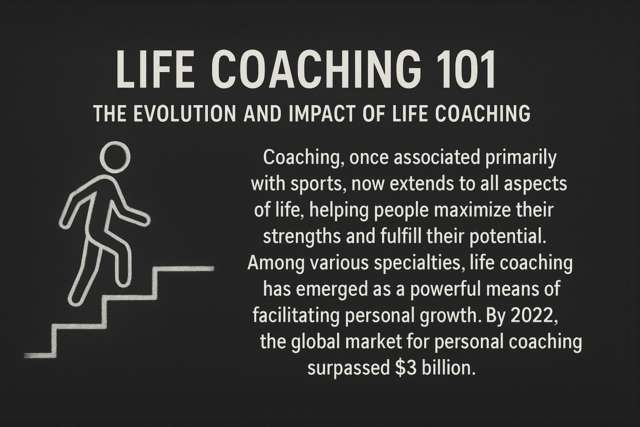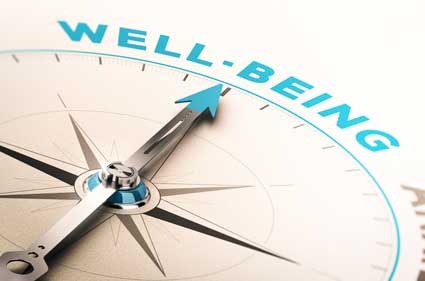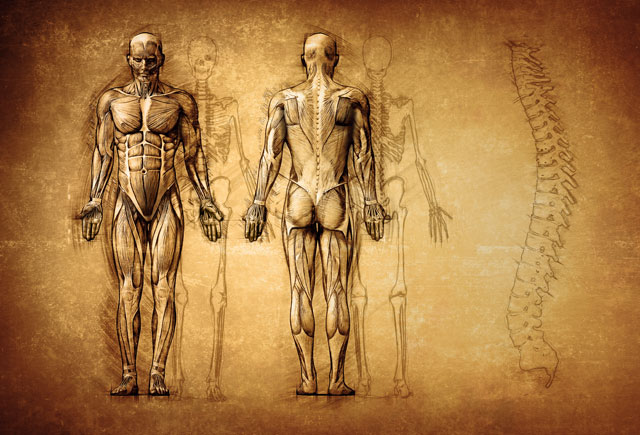Although some nutritional principles stay the same throughout life (eat small amounts several times a day, and enjoy a variety of fruits and vegetables), certain phases of life require different nutritional priorities. Babies have no teeth so they can't eat solids, and their developing brains require fat and cholesterol. Teenage girls and boys need different amounts of iron and protein, and aging adults usually need to curtail calorie consumption while making sure to get plenty of fiber, water, and nutrient-rich foods.
Infants
For the first six months of life, medical experts agree that the "gold standard" food of choice is mother's milk. Mother's milk contains the exactly correct proportions of fat, cholesterol, protein, and carbohydrates for baby humans. Mother's milk is not only a perfect nutritional choice; it also provides protection against several diseases because the mother is able to transfer some of her immune system's protection to the baby.
Mother's milk is also cheap and requires no special ingredients, and it affords mom and baby a few moments of relaxed quiet time together. When you nurse a baby, you never have to worry about proper food preparation techniques, boiling water, or food safety issues. The milk is always fresh and ready to go at a moment's notice.
Breastfeeding is not always easy: if you work full time, you have to decide that pumping and storing milk throughout the day is a priority for you, and it also helps if your job allows you the time and a comfortable place to do so. Some babies, or mothers, have a difficult time adjusting to nursing. There are also a few medical reasons why nursing may not be the best choice: for example, if the mother has an illness that could be passed to her child through her milk, or if she has to take certain medications that may be harmful to the child.
When nursing is not an option, regular cow's milk or goat's milk is not a suitable substitute. This type of milk is made for baby cows or goats, and it doesn't have the right nutrient mix for developing humans, that's where special baby formulas come into play.
Baby formula offers some convenience because anyone can feed the child, and you can do it in places where you might not feel comfortable nursing for whatever reason. However, baby formula is expensive, and you have to be very careful about keeping all the accessories (bottles, nipples, collars, and so on) sterilized, or you raise the risk of food borne illnesses. Although not a major concern in industrialized nations, the issue of finding a reliable supply of clean water to make formula can be a major problem in the developing world.
Most pediatricians recommend that babies eat nothing but mother's milk for the first six months of life.
Babies to 2 years old
Once your doctor gives you the green light to start introducing solids, follow their recommendations about what foods to introduce first. They may suggest rice cereal mixed with milk or formula in the beginning as a complimentary food. Pureed fruits and vegetables will come later. Add one food at a time and give the baby time to adjust (this also helps you identify any foods that cause an adverse reaction).
Babies and toddlers grow at an amazing pace, and they need calories, protein, fats, and iron to keep them going. Their stomachs are also very small, so they can't eat a lot of food all at once. Plan on feeding your infant or toddler every few hours throughout the day.
As for what to feed babies and children, though toddlers can eat the same kinds of foods as adults, you have to pay special attention to how they are prepared. Little kids don't need added salt, sugar, or artificial sweeteners. Babies under 1 year need smooth textured food that they can't choke on. When kids start developing teeth and can pick up foods, they can eat solid, but still soft foods. Remember, they have tiny little windpipes about the size of a skinny person's pinkie finger, and they are just learning how the whole eating thing works.
When your doctor approves more "solid" solids, like crackers and cereal, make sure they are still eating a range of fruits and vegetables.
Babies' brains are still developing, and children under 2 can eat full-fat dairy products because they need a certain amount of fat and cholesterol for optimal development.
Children
Over two years of age, your child can shift to low-fat or fat-free dairy products. As they become more active, kids require more calories to grow. Protein becomes very important for building muscle mass, but fruits, vegetables, and whole grains are always critical.
As children become more active, the temptation becomes greater to buy packaged convenience foods like Lunchables and pre-assembled snack packs. These items can be very high in sodium, sugar, and saturated fat, so be sure to read labels carefully.
When your kids are young it is absolutely the best time to get them used to eating healthy. Children who are raised on whole grains won't turn up their noses at wheat tortillas and natural peanut butter later on in life. Try to keep sodas out of your house, even the diet kind. Avoid adding salt and sugar to children's food from the beginning, and later on, they will find processed foods to be overly sweet or salty. Children do not need artificial sweeteners added to fruits, it may make the fruit taste appealing in the short term, but it also gets the child accustomed to an overly sweet taste that they will never find in natural foods.
When packing lunches, always include a portable fresh fruit (like a banana, a peeled or sectioned orange, or apple slices) and vegetables (like sugar snap peas, carrot sticks, or zucchini strips). Some kids like having a dip, just choose a healthy dip option like low-fat ranch dressing.
Teens
Although young boys and girls have the same nutritional needs when they are young, by the teenage years, they start to diverge and have their own requirements. Some teenagers become very active in the teen years, participating in sports, working physical jobs, and doing more chores around the house and yard. Others become more sedentary as they focus on their studies, have more homework, get serious about instruments, or spend more time on the computer.
Parents can't always control what kids eat when they are away, but they can make an effort to keep healthy snacks on hand at home. Store lots of ready-to-eat fruits and vegetables in an easily visible location just inside the refrigerator door. Keep yogurt packs, low-fat cheese sticks, almonds, peanuts, whole-grain crackers, and lower-fat, lower-salt popcorn on hand. Avoid the pressure to stock the pantry with sodas, cookies, and snack cakes. Remember, your teenage son might be rail thin today, but if he gets used to eating a bag of chips every afternoon, this is a habit that he will either have to break later on, or it will end up damaging his health.
Physical activity at this age not only helps set lifelong patterns, it also encourages strong bones and relieves some of the stress and anxiety that comes with being a teenager. Encourage teens to find an enjoyable physical activity. Not every child is an athlete, so look outside the standard "box" of organized sports activities until they find something they like such as Pilates, yoga, hiking, mountain biking, BMX racing, rollerblading, skateboarding, or long walks. What they do doesn't matter so much as long as they are doing something.
Boys
Teenage boys hit a very speedy growth spurt when they reach puberty. The rate and timing of growth is different for everyone, but this is a time when boys will build most of the muscle mass that will get them through the rest of their lives. Teenage boys will consume more calories when they start their growth spurt. Protein, the building block of muscle growth, will be important, as will calcium and Vitamin D for their stretching skeletons.
Girls
Teenage girls are not only growing, they are starting to have menstrual periods, which taxes their reserves of iron. Teenage girls have the highest iron requirement of all ages, so they can choose lean red meats, iron fortified cereals, beans, and green leafy vegetables to help meet the need.
It is during a woman's late teens and early 20s when she builds most of the skeletal strength that will have to last the rest of her life. Unfortunately, we get no "do-overs" when it comes to bone growth. Eating a well balanced diet with lots of calcium (low-fat dairy products, canned fish with soft bones which you eat, and fortified orange juice), Vitamin D (fortified milk and sunlight exposure), and phosphorous (animal products, dairy, and beans) can help provide the minerals that will be stored in the bones for the rest of her life.
Weight-bearing exercise like walking, jumping, and running also signals the body that it needs to deposit more minerals in the skeleton to protect against injury. Regular exercise in the teen years builds a strong skeleton for life.
The teenage years are also the time when girls are most at risk for eating disorders and most likely to follow fad diets that promise rapid weight loss through an extremely restricted diet.
Young adults
Both men and women in their 20s are at their critical times, as far as nutrition is concerned; here the stage is being set for the rest of your life. This is the last decade where you can still build new bone, and the hormones that allow you to build new muscle are at their peak. To maximize this decade, it's critical to eat plenty of highly nutrient foods, especially those containing calcium, protein, and iron (most important for women).
Continuing to exercise regularly not only helps to manage weight and stress, it also makes the most of a great opportunity to build new bone.
Many people in their early 20s have just graduated from college, are adjusting to their first permanent jobs, trying to climb the ladder, and have a social life too. Busy schedules, independence, and a little financial freedom tend to make people forget about the importance of eating right. Restaurants, bar food, and booze can take their toll. Metabolisms begin to slow in your 20s, so most people can't eat like they did in high school or the pounds and health consequences begin to stack up.
The good news is, your 20s are a great time to start changing habits and living healthy: it is much easier to undo a few months' worth of damage than a few years of it. Start getting into the habit of planning your meals, packing a lunch, and cooking for yourself. Plenty of cities now offer events like healthy cooking classes that can also serve as singles mixers.
Women of childbearing age
Women in their 20s and 30s, especially those who have any possibility of becoming pregnant, should pay special attention to several dietary concerns.
-
Weight maintenance. Pregnant women should gain about 30 lbs. during pregnancy. That means that if you are already overweight, you can expect to add a few more pounds to your total during the course of a pregnancy. Excess weight during pregnancy causes some health concerns for both mother and child. The babies of underweight women are also at risk for low birth weight babies. If you are thinking about becoming pregnant, change your health habits early.
-
Iron. Iron can help build more hemoglobin to replace blood lost through menstruation.
-
Calcium. Building healthy bones for the rest of your life requires an ample supply of calcium.
-
Folic acid. This nutrient is essential for a baby's development in the stages before you even know you're pregnant. It helps prevent neural tube defects like spina bifida. Many cereals are fortified with folic acid, and you can also find it in fruits and vegetables.
One great benefit to being pregnant is that you get to eat more food as your pregnancy advances. Not a tremendous amount of food and it really needs to be healthy food, but you can guiltlessly serve up slightly larger sized portions (especially of those essential fruits and vegetables). In the first trimester, you don't need any additional calories, but you can add in about 300 in the second trimester and 450 in the third (and while nursing). That extra 450 should not come from an extra large order of fries, but should be used to meet your (and the baby's) nutritional needs with fresh fruits and veggies, dairy products, and lean proteins as great choices.
You may not realize that your baby's development is your body's top priority. If forced to choose between letting the baby go without enough calcium or scavenging the calcium out of your own skeleton, your body will chip away at your bones every time. It will also pull protein out of your muscles, and sacrifice vitamins and minerals that you may need to make sure the baby has what it needs. To avoid putting yourself in a situation where your body is forced to choose between your needs and the baby's, make sure that your food choices are generally healthy. Don't waste your calories on sugar, fat, and refined carbohydrates with little nutritional value. Make every meal count.
In addition to eating high nutrient foods, pregnant and lactating women need to drink plenty of water. Keep a 20-oz water bottle with you throughout the day and refill it as needed. Try to drink 3-4 of these bottles of water per day, but spread it out over the course of the day (sip a bottle on your way to work, finish another before lunch).
Older adults
As you age, your nutritional needs begin to change. Most people tend to lose muscle mass as they age, which causes metabolism to slow down. Many people also become less active with age, so in general, you don't need to eat as much food, but nutrient content is still essential.
-
Fruits and vegetables are very nutrient rich, and contain many cancer fighting antioxidants. But they also contain fiber, which helps maintain bowel regularity.
-
Water also assists with bowel functions, and it helps your skin stay well hydrated. As you age, your skin has a more difficult time maintaining a moisture balance.
-
Low-fat dairy products, leafy greens, and canned fish with soft bones that you eat provide needed calcium to help keep your bones strong.
-
Protein can help prevent the loss of muscle mass.
-
Vitamin B12 helps in the production of red blood cells, and it also keeps the brain and nervous system healthy. You can find B12 in animal products like meat, fish, and dairy.
-
Avoid processed foods like canned soups, lunchmeats, and frozen meals. These tend to be high in sodium (which can affect blood pressure) and fat.












